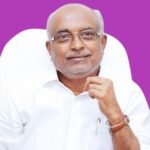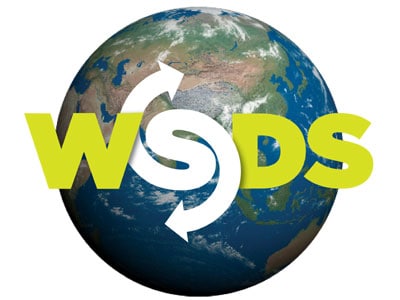

COP29 in Baku opened with a sharp focus on the costs of inaction and the urgent need for enhanced climate finance. Mukhtar Babayev, President of COP29, highlighted the far-reaching consequences of failing to act, emphasising that the cost of inaction far outweighs the financial investments needed to combat climate change.
“The climate numbers might sound big, but they are nothing compared to the cost of inaction. The importance of investing today for future benefits cannot be overstated,” Babayev said, urging both public and private sectors to play their part in mobilising finance.
Simon Stiell, Executive Secretary of the UNFCCC, remarked that climate finance should not be viewed as charity. “Let’s dispense with any idea that climate finance is charity. An ambitious new climate finance goal is entirely in the self-interest of every nation, including the largest and wealthiest,” Stiell stated. He called for reforms in the global financial system and urged the finalization of Article 6, which deals with international carbon markets.
The first day also saw a notable intervention from John Podesta, the US Climate Envoy, who spoke about the political and economic challenges facing the US climate agenda. “Are we facing new headwinds? Absolutely. But will we revert back to the energy system of the 1950s? No way,” Podesta said, referencing the ongoing efforts to maintain clean energy tax credits despite opposition. He also pointed to China’s critical role in global climate efforts. “China is now 30% of global emissions. They’re the largest major emitter in the world and they have an obligation to take account of what occurred in Dubai to come forward with a 1.5°C aligned, all greenhouse gas economy-wide NDC,” Podesta said. He urged China to be more ambitious, highlighting their early success in meeting renewable energy targets.
On the trade front, the BASIC countries (Brazil, South Africa, India, and China) raised concerns regarding “unilateral restrictive trade measures,” signaling potential tensions over the Carbon Border Adjustment Mechanism (CBAM). Xia Yingxian, China’s climate negotiator, stressed that developed countries must take responsibility for financing, while the private sector’s role should be secondary. “It needs to be further clarified that, on the issue of financing, financing by developed countries is a compulsory question, voluntary financing by other countries is an optional question, and private sector financing is an extracurricular question,” Xia said. She also called for the abandonment of unilateral trade measures, such as those proposed by the US and Europe.
As discussions continued, the fate of Article 6 remained a central issue. The article, a complex element of the Paris Agreement, allows countries to cooperate to meet their climate goals by transferring carbon credits. Debate raged over whether COP29 would be able to adopt recommendations on Article 6 without further scrutiny from negotiators, a situation that could derail progress.
Meanwhile, the broader agenda for COP29 remained fluid. Key topics included the Global Stocktake (GST), the New Collective Quantified Goal (NCQG) on climate finance, and how to implement the outcomes from last year’s COP28.
Alden Meyer, Senior Associate at E3G, stressed the urgency of scaling up public and private finance. “We need to mobilize public and private finance at a much higher scale,” Meyer said. “We also need to see progress on other elements of the agreement from Dubai, particularly on the energy transition.”
Joab Okanda, a climate policy expert, reminded delegates of the stakes. “This particular COP is very important and that is why 200 countries are here to agree on a finance package that delivers for the communities that are losing their lives, losing their loved ones, losing their livelihoods,” Okanda said, emphasizing the human cost of climate inaction.
As discussions unfolded, Alex Scott from ECCO observed that despite the disagreements, the conference was proof that multilateral climate cooperation still works. “What we’ve seen here is leaders proving to the world that multilateralism and climate cooperation is still happening,” Scott noted. “This is about proving that climate cooperation still works.”
Finally, Aarti Khosla, Director at Climate Trends, framed the issue of finance as the key litmus test for COP29. “Dealing constructively with the issue of finance is the litmus test for Baku. That’s what countries have come here for,” Khosla said. She stressed that the conference must deliver concrete results rather than empty promises, urging negotiators to commit to tripling funding from multilateral sources to match the progress on renewable energy commitments made in previous COPs.
As the plenary session rolled on, COP29 was poised to address critical issues such as the finalization of Article 6, the Global Stocktake, and the ongoing debates over trade measures and climate finance. The outcome of these discussions would shape the future of global climate policy and determine whether COP29 would live up to its promise of meaningful action.











